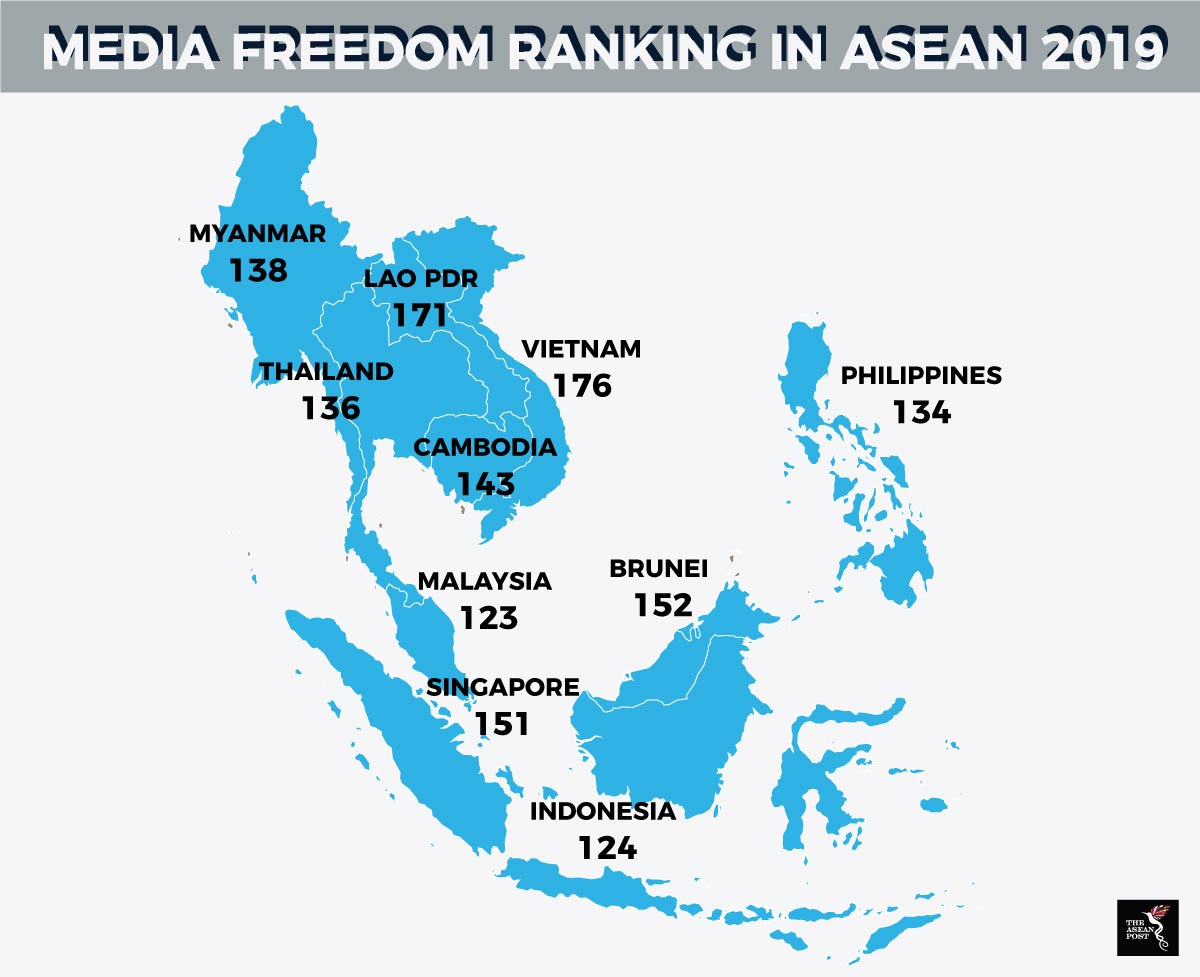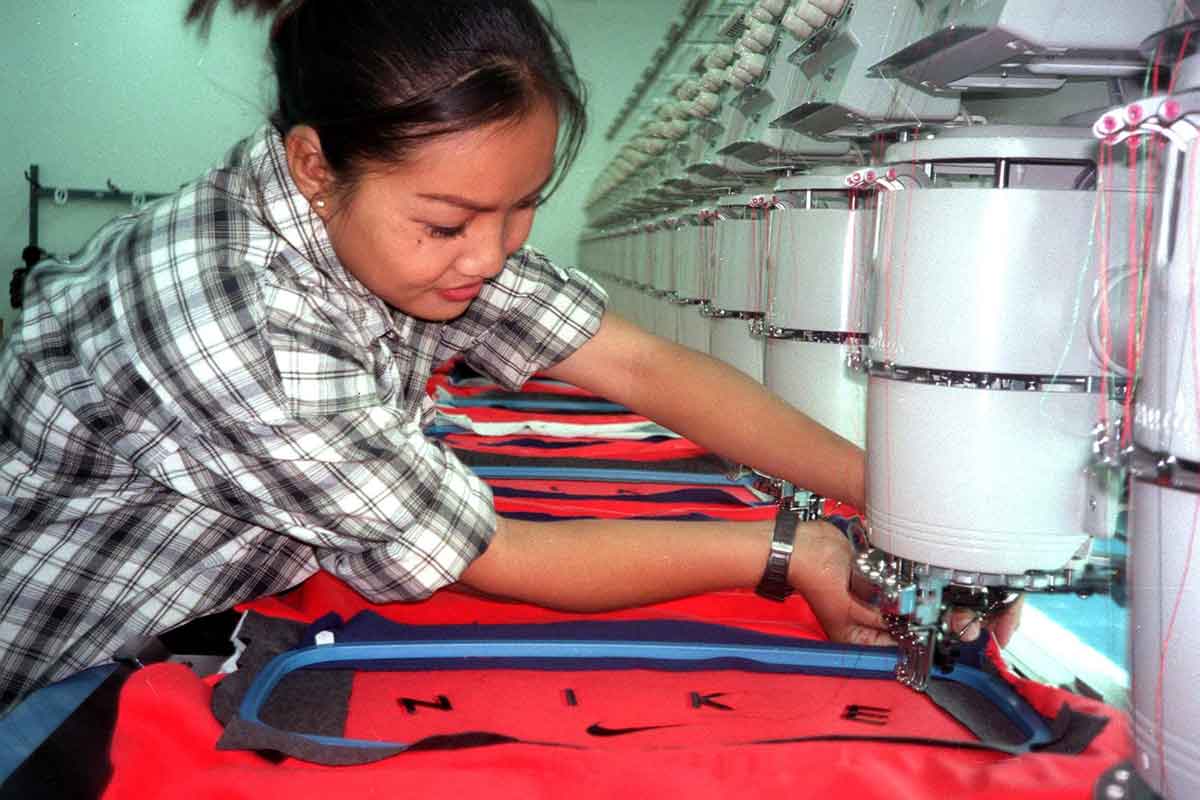The ASEAN Post recently published an article stating that Lao PDR is somewhat left behind compared to other ASEAN countries when it comes to getting ready for the Fourth Industrial Revolution, also known as Industry 4.0.
The issue was highlighted when Director General of the Lao National Internet Café, Keovisouk Solaphom, claimed that the challenges faced in digitising the local economy was due to the fact that it has not been listed in Lao’s development agenda. His argument is valid but in order for the government there to set the development of the digital economy as its agenda, it must have the political will to do so. The question Keovisouk must ask is whether Lao, one of the few remaining socialist-communist countries in the world, really wants to do what he’s suggesting.
Industry 4.0 is important if a country hopes to be able to compete on a global scale. Those aware of this would think that striving to create an environment that can cater to the demands of the industrial revolution would be on every country’s agenda. This, however, does not take into account the fact that politics has a way of making things a little more complicated.
Media-controlled state
Major components of Industry 4.0 are the internet and the Internet of Things (IoT). Lao, however, is a media-controlled state.
In an annual report released earlier this month, Paris-based media watchdog Reporters Without Borders (RSF) gave Lao a ranking of 171, close to the bottom of a 180-country survey of press freedoms worldwide, saying that the country’s ruling Lao People’s Revolutionary Party (LPRP) “exercises absolute control over the media.”

“Increasingly aware of the restrictions imposed on the official media, Laotians are turning to the Internet and social media,” RSF said in its report.
“But use of online news and information platforms is held back by a 2014 decree under which Internet users who criticise the government and the Marxist-Leninist LPRP can be jailed,” the press freedoms group said.
In a more recent news report quoting anonymous sources, it was found that Laotians are increasingly abandoning state-controlled news sources and turning more to the internet and social media to get news they can trust.
According to the report, a man in Savannakhet province in the south of Lao – speaking on the condition that he not be named - said he now reads Facebook to get news not previously screened by authorities.
“(Lao) TV provides only restricted news and information, for example news about drug trafficking and other news about the country. The stories broadcast on TV aren’t clear, and are screened ahead of time by the authorities. The internet is not restricted, and the authorities can’t control the information we find on it,” he explained.
A young country
According to the World Population Review, Lao has the youngest population of any Asian country with a median age of 21.6 years. Meanwhile, the Central Intelligence Agency’s (CIA) World Factbook states that 32.2 percent of Laotians are aged 0 to 14, 21 percent are aged 15 to 24, and 37.3 percent are aged between 25 to 54.
It is also a well-known fact – and one which has been widely discussed among observers – that today’s youth live more in the bubble of the internet as opposed to in the real world. This has been surmised as one of the reasons for their lack of interest in politics as well.
Placing the Fourth Industrial Revolution as a priority would certainly allow Lao to keep up with the rest of ASEAN as far as getting ready for the revolution goes. In the first place, however, this will require a lot of will power on the part of the government. Nonetheless, choosing to remain left behind for political reasons would certainly be damaging for the country’s youth. In the end, it is likely that Lao will find a way to hold on to its socialist-communist principles while being technologically competitive with the rest of ASEAN; it’s just going to take a bit of time to find a solution to deal with the free-flow of information.
Related articles:
